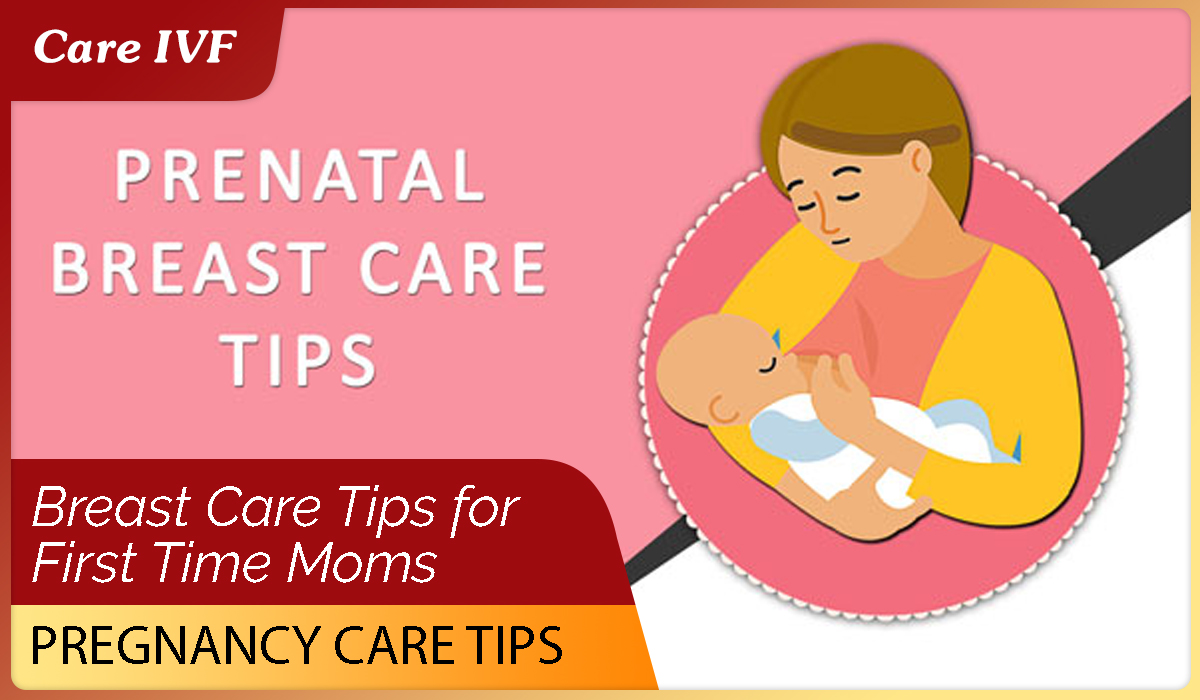

Prenatal Breast Care
Prenatal Breast Care
How do I get ready to breastfeed?
You don’t have to do anything! Your body knows what to do. Your breasts have been changing during your pregnancy just for this reason.
- Your breasts may get bigger and feel tender when touched. This tenderness should go away after the third or fourth month of pregnancy.
- During pregnancy, hormones start to prepare your breasts for breastfeeding (lactation). The milk ducts in your breasts start collecting “colostrum,” the milk that appears the first few days after birth. Colostrum is the perfect first food for your baby. It has lots of antibodies to keep your baby from getting sick. Sometimes a little colostrum may leak out during pregnancy. If this happens, use disposable or cotton breast pads (without plastic liners) to absorb it. Do not express or pump out the colostrum.
- The area around the nipples (the areola) will get darker. Glands surrounding the areola get bigger during pregnancy. These glands decrease bacteria and they naturally moisturize and protect the areola and the nipple. While you are pregnant, don’t wash with soaps or put oil or lotion on the nipples. You don’t want to work against your body’s natural way of getting ready to breastfeed.
Can I wear regular bras while I am pregnant?
For the most part yes, although underwire bras are not recommended.
- If your breasts get bigger, a supportive, cotton bra may be more comfortable during pregnancy and while you are breastfeeding. This may also protect the breast tissue from stretching too much.
- You can wait until the last few months, when your breasts are at their largest, to buy a nursing bra.
And you may still need a larger bra once your baby is born.
What do I do if my nipples are flat or inverted?
If your nipples are flat or inverted, you can wear breast shells in the last
few weeks of pregnancy. These plastic shells may help encourage the nipples to protrude. Protruding nipples make it easier for a baby to “latch on” and breastfeed. Medela makes and sells breast shells.
How can I prevent sore nipples?
During breastfeeding, sore nipples typically happen when your baby is not latched on to the breast properly. Positioning your baby on your breast properly is the best way to avoid soreness.
- Use creams like Nipcare in the last trimester while going to bed and wash away during your bath in the morning so that during the day, the pores are not clogged.
- Take a prenatal breastfeeding class to learn the best way to position your baby for breastfeeding.
- During your hospital stay, ask the nurses to help you with correct positioning so your baby can latch on for breastfeeding. This will make you more confident and reduce any nipple soreness as you and your baby adjust to breastfeeding.
Remember, breastfeeding your baby is a natural and rewarding process that your body knows how to prepare.
Article Tags
About the author

Leave a Comment